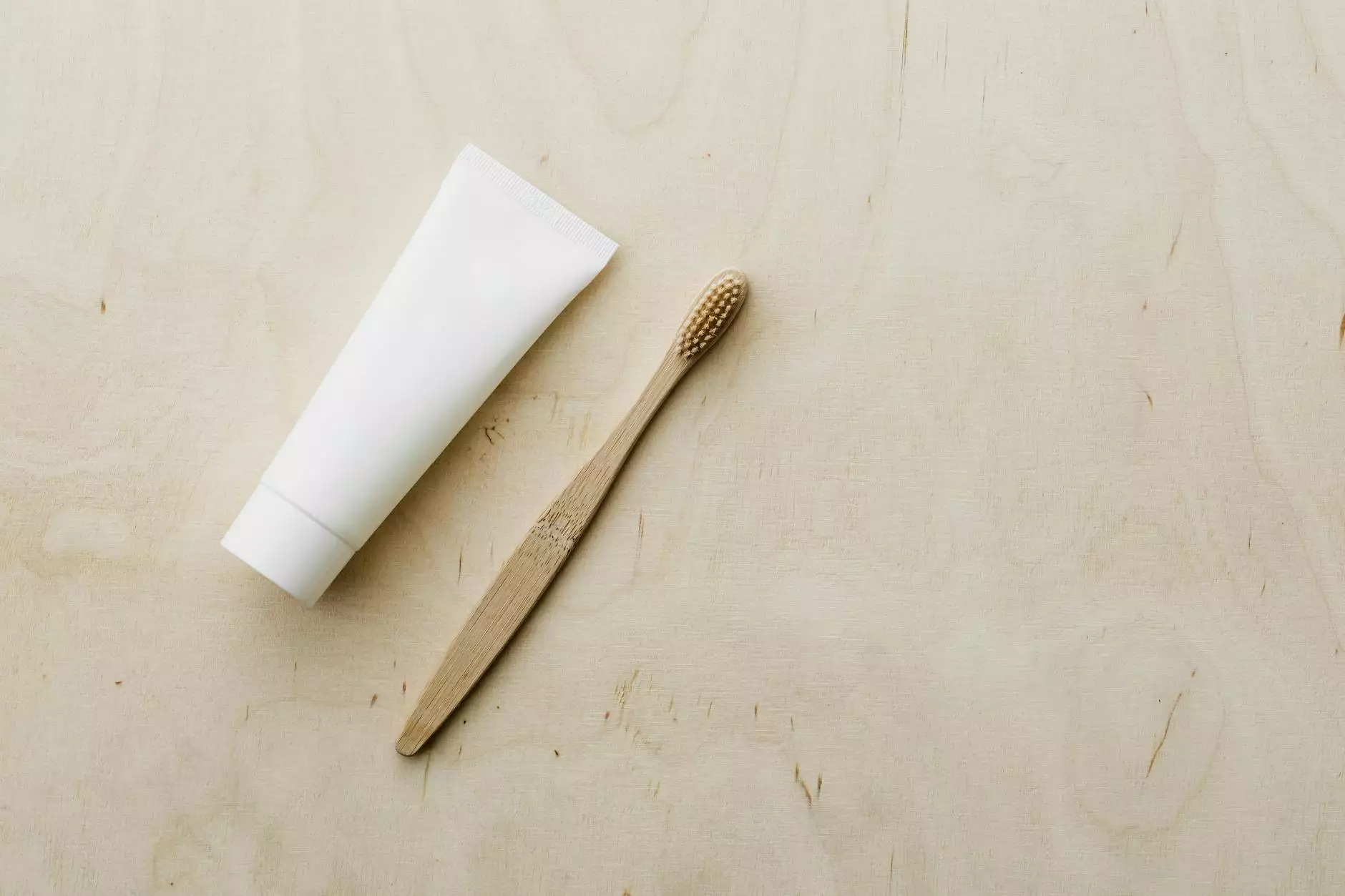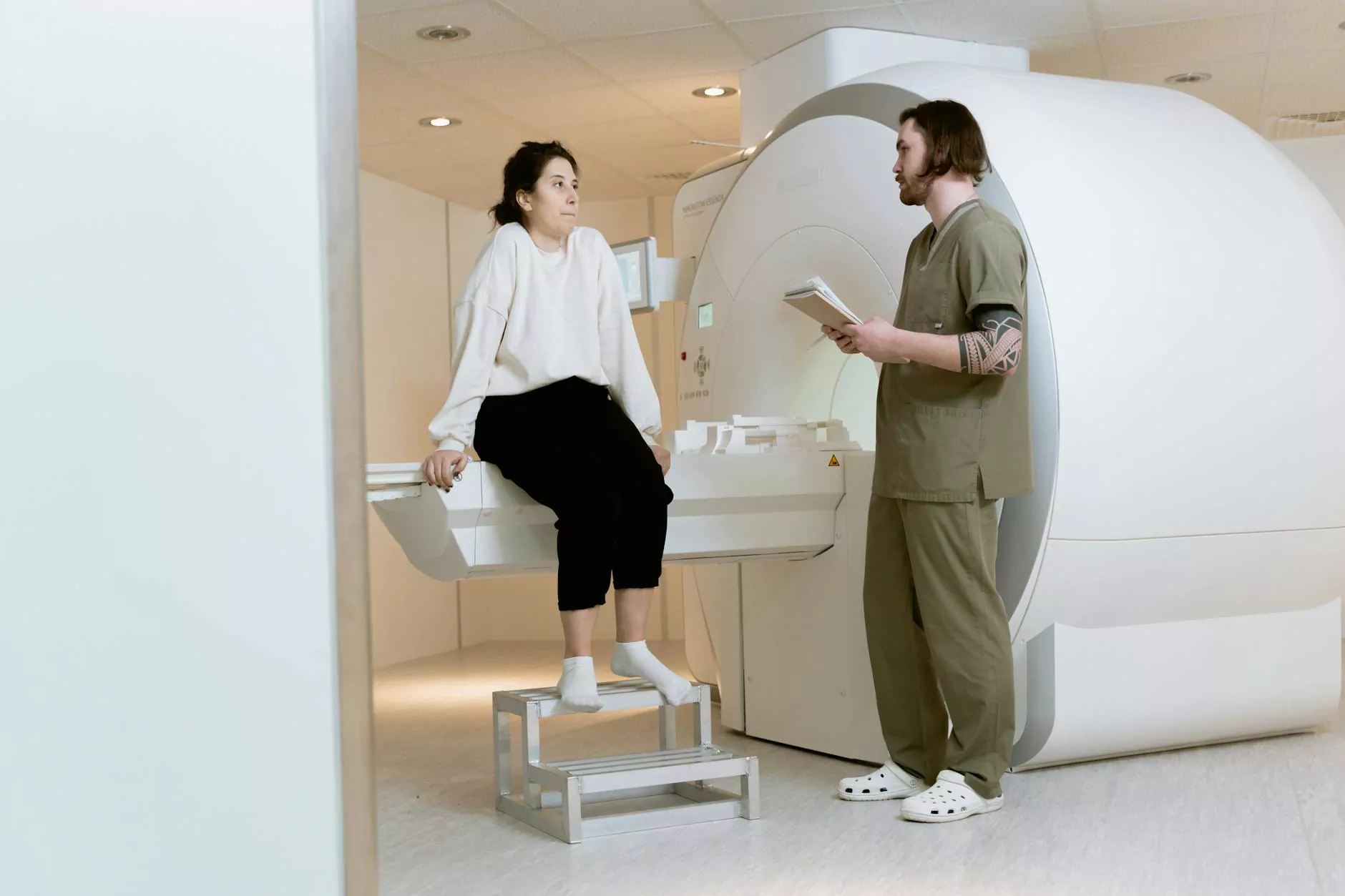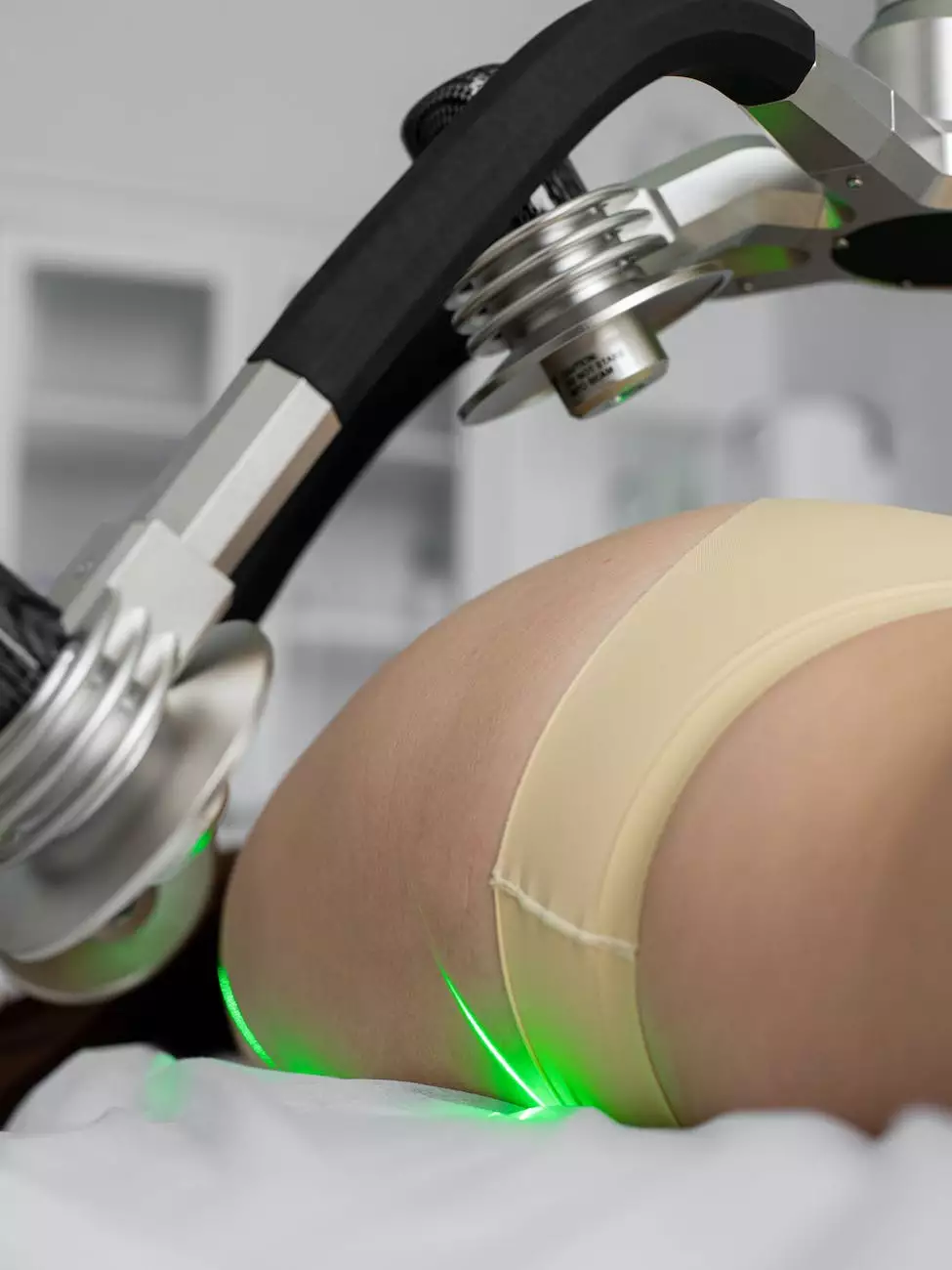MRI and Dental Hardware: Frequently Asked Questions

Introduction
Welcome to Foley James D MD, your trusted source for healthcare information. In this article, we aim to answer frequently asked questions about MRI and dental hardware. As a leading healthcare provider in the field of dentistry, we understand the importance of patient education and strive to address common concerns when it comes to dental hardware and MRI exams.
What is MRI?
MRI, or Magnetic Resonance Imaging, is a non-invasive medical imaging technique that uses powerful magnets and radio waves to generate detailed images of the internal structures of the body. It is commonly used to diagnose and monitor a wide range of medical conditions.
How does MRI work?
MRI works by aligning the hydrogen atoms in your body's tissues using a strong magnetic field. When radio waves are applied, the hydrogen atoms emit signals that are detected by the MRI machine. These signals are then processed by a computer to create highly detailed images of the area being examined.
Can I undergo an MRI if I have dental hardware?
Yes, in most cases, individuals with dental hardware can safely undergo an MRI. However, it is important to inform your healthcare provider about any oral or facial implants, fillings, braces, or other types of dental hardware you may have. This information will allow the healthcare team to take necessary precautions to ensure your safety and the quality of the imaging results.
What types of dental hardware are safe for MRI?
Most commonly used dental hardware, such as fillings, crowns, bridges, and veneers, are safe for MRI. These materials are typically made of non-magnetic materials, such as ceramic, porcelain, or composite resin, which do not cause any interference during the imaging process.
Can dental implants or braces cause issues during an MRI?
Dental implants, braces, and other orthodontic appliances may contain metallic components that could cause artifacts or distortions in the MRI images. However, with advances in technology, most modern dental implants and braces are designed to be MRI-safe. It is essential to inform your healthcare provider about any dental implants or braces before undergoing an MRI to ensure proper evaluation and interpretation of the results.
Are there any special precautions for individuals with dental hardware?
Although dental hardware is generally safe for MRI, there are a few precautions that should be considered. For individuals with removable dental appliances, such as dentures or retainers, it is recommended to remove them prior to the scan to prevent potential discomfort or movement during the procedure. Additionally, individuals with complex dental hardware or extensive oral surgeries may require specialized MRI protocols or consultations with both the dentist and radiologist to ensure optimal imaging outcomes.
What if I am unsure about my dental hardware?
If you are unsure about the type of dental hardware you have or its compatibility with MRI, it is always best to consult with both your dentist and the MRI facility. They can provide you with specific guidelines and recommendations based on your unique situation, ensuring your safety and the accuracy of the imaging results.
Conclusion
At Foley James D MD, we understand the importance of patient education when it comes to MRI and dental hardware. By addressing common questions and concerns, we aim to empower individuals to make informed decisions about their healthcare. Remember, always communicate openly with your healthcare team, including your dentist and radiologist, to ensure a smooth and safe MRI experience.



